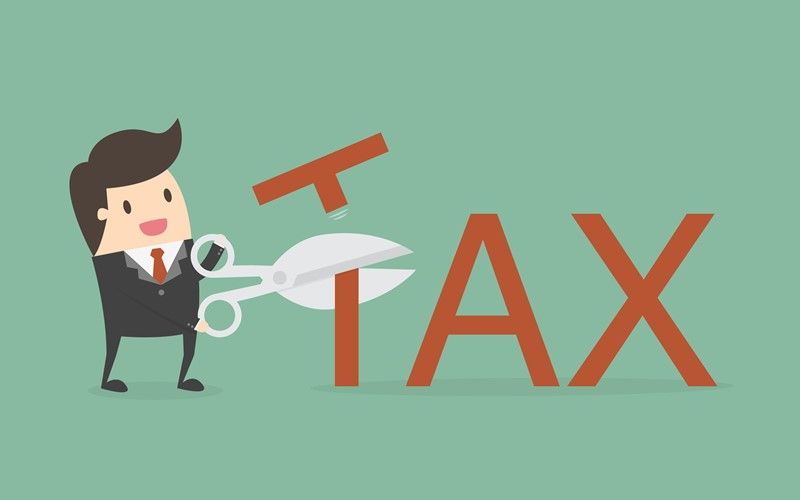Claim for a business journey in a private vehicle
Use your own vehicle for work? You could be entitled to a tax-free mileage allowance. Make sure you are not missing out on HMRC-approved rates.
If you use your own car, van, motorcycle, or bicycle for business journeys, you may be entitled to a tax-free mileage allowance from your employer. This is known as a Mileage Allowance Payment (MAP) and is designed to cover the costs of using a personal vehicle for work-related travel. Many employees routinely claim this allowance when driving their own vehicle to visit clients, travel between temporary work locations, or attend off-site meetings.
It’s important to understand that MAPs do not apply to ordinary commuting, that is, travelling to and from your regular place of work. However, where travel is genuinely work-related and qualifies as a business journey, the allowance can be a valuable tax-free benefit.
Employers typically reimburse employees using HMRC’s approved mileage rates, which are designed to reflect reasonable running costs. These rates are as follows:
- Cars and vans:
- 45p per mile for the first 10,000 business miles in a tax year
- 25p per mile for each mile over 10,000
- Motorcycles: 24p per mile
- Bicycles: 20p per mile
Where an employee carries a colleague as a passenger during a business journey, an additional 5p per mile per passenger can be claimed provided the journey is for business purposes. This extra allowance is also tax-free when paid by the employer.
If an employer pays less than the approved HMRC rates (excluding the passenger allowance), you may be able to claim the shortfall from HMRC utilising Mileage Allowance Relief.




